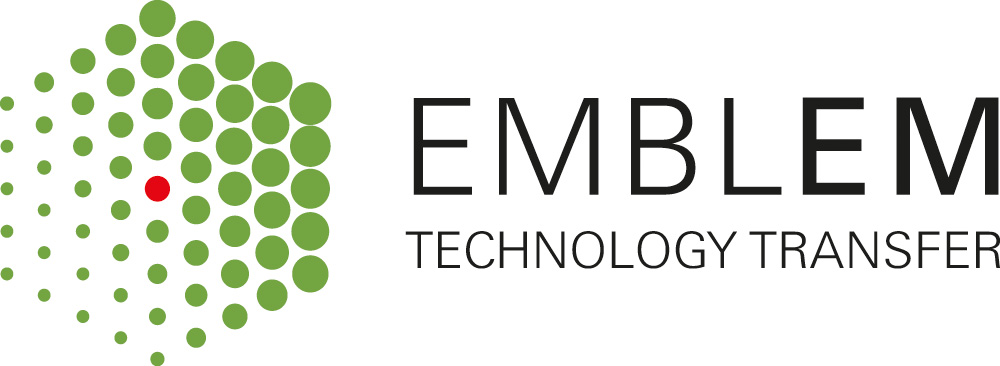by Julia Dieter
AbbVie Germany, a local affiliate of the global biopharmaceutical company, and EMBL tied in their longstanding and successful collaboration and committed the 3rd AbbVie-EMBL day at EMBL in Heidelberg. These events have been organized and moderated by EMBL Enterprise Management Technology Transfer GmbH (EMBLEM), the commercial arm and technology transfer office of EMBL, and AbbVie Germany.


EMBL’s research Programme 2022–26: “Molecules to Ecosystems” also aims at understanding how organisms respond to changing environments. This line of research is critically important to fully comprehend the role of the microbiome in health and disease. End of last year, a delegation of highly experienced AbbVie employees across different departments, sites and disciplines met with EMBL’s leading microbiome scientists on-site at EMBL’s headquarters in Heidelberg, Germany, as well as online to discuss with each other and to explore opportunities for collaboration.
The human gut plays a central role in the metabolization of drugs and therefore is a crucial determinant of failure or success of drug-based treatments. Despite its importance, how drugs influence the human gut microbiome and how it metabolizes drugs into beneficial or toxic compounds is still underexplored, as is the role and influence of the microbiome on antimicrobial resistance.
Scientists of both AbbVie and EMBL presented their research and results and discussed how resources and ideas can be combined into future innovative projects to join forces against diseases.
Spending the day together in intense scientific discussion fortified the bonds between both institutions. Inspiration for the power of research and development, also in concert between academia and industry, came from a guided tour around the Imaging Centre and the cutting-edge technology for electron and light microscopy it houses.
In a wrap-up discussion, AbbVie Germany and EMBL already identified three topics of mutual interest as potential starting points for collaboration.
